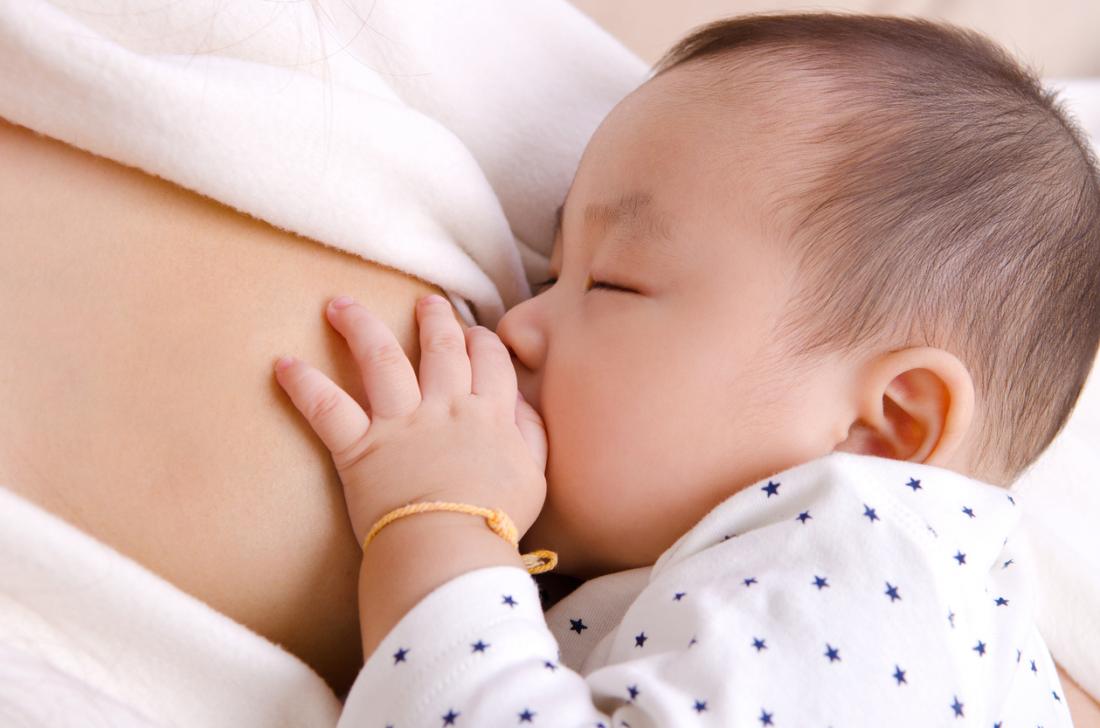Of all the touted advantages of breastfeeding, the idea that I would easily lose all of the infant weight was a major incentive for me. Sadly, in my case, it turned out to be false. I breastfed my eldest kid for a year and a half and lost many of my pregnancy weight within the very first month, however then I began restoring it. My experience has actually been roughly the exact same with my second child, who’s still nursing at practically one years of age. The prevalent belief that ladies can quickly “recover” right now thanks to nursing just isn’t the reality for all females.

Technically, you do burn calories when you breastfeed: 300 to 500 each day. However, that doesn’t always mean you’ll slim down– it’s more complex than that. Calorie counts don’t represent the variety of body types among women, and sleep, tension, consuming habits, exercise, hormone modifications, overall pregnancy weight gain and the number of previous pregnancies will all determine whether you return to your pre-baby weight.
Yoni Freedhoff, a family physician and author of The Diet Fix, states the variety of calories burned throughout breastfeeding may not be considerable enough to balance out the tension, absence of sleep and modification in diet lots of ladies experience after delivering.
Lauren Olofsson, a signed up dietitian and lactation expert, agrees. She states tension– caused by the sleep depri ¬ va ¬ tion and 24/7 work of taking care of a newborn– increases cortisol levels, and high cortisol levels have been connected with weight gain.
Olofsson has seen a vast array of experiences amongst her breastfeeding clients: While some women need to eat more in order not to lose excessive weight, others hold on to additional weight until they stop nursing. And then some females, like me, at first reduce weight however find themselves gaining all of it back a few months in.

There’s also some evidence that prolactin, the hormonal agent responsible for the production of breastmilk, not only decreases the body’s metabolism of fat but might also function as a cravings stimulant. In a 2004 study in The American Journal of Clinical Nutrition, scientists in fact found that lactating women retained more weight than non-lactating females, most likely “due to the impact of prolactin on cravings stimulation.”
Some women may mistakenly deal with breastfeeding like a no-effort diet. A 2016 study carried out in Sweden found that mistaken beliefs concerning breastfeeding really led some ladies to eat more because they presumed the pounds would melt off. “This dependence on breastfeeding for automatic weight loss was perceived as enhanced by friends, media and medical personnel, and gave ladies a false guarantee of easy postpartum weight-loss that decreased their motivation to limit their weight gain throughout pregnancy or eat healthy postpartum,” the scientists composed. Plus, many new parents just do not have the time, kid care help or energy to be persistent about diet plan and exercise– they’re in survival mode. Plus, when you’re sleep-deprived, an additional caffeine break– and a sweet snack to opt for it– are very difficult to resist.
Even following a strenuous professional-athlete workout regimen and stringent diet isn’t a warranty of weight-loss while nursing. During Wimbledon last summertime, Serena Williams said, “You hear that when you breastfeed you drop weight and you’re so thin … For my body, it didn’t work, no matter how much I exercised.” However when she weaned her child, she rapidly lost 10 pounds.
There have actually been numerous research studies on breastfeeding and weight change, but the results are undetermined. One 2003 study discovered a mother’s body mass index was a greater predictor for whether she would drop weight while breastfeeding; thin women tended to reduce weight easily, while obese females tended to maintain weight. A widely cited 2014 review of research study on the subject, nevertheless, found no significant relationship between the 2; in truth, it noted that other elements such as age, weight got throughout pregnancy, and duration and intensity of nursing also need to be considered in future studies. The researchers concluded: “The findings certainly challenge the typical belief represented across clinical literature that breastfeeding promotes weight reduction.”
I want, I had actually been more accepting of my body– and the truth that women’s bodies change after having a baby– when I was a new mama. This second time around, I’m attempting not to feel bad about my larger postpartum stubborn belly. While I continue to be a strong supporter for breastfeeding (I love the advantages for my baby and the bonding time it offers), I want women to understand they should not be making this choice solely to cancel out calories.
